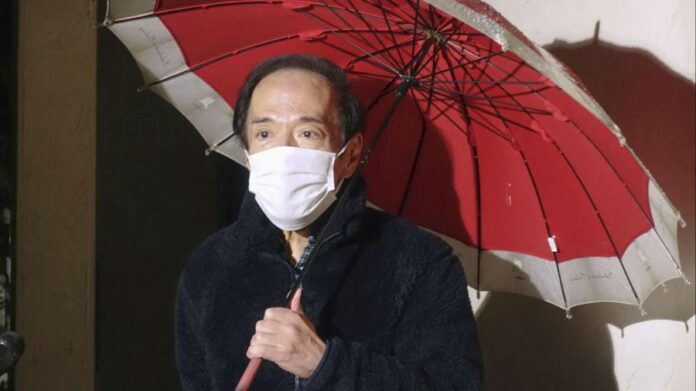During almost three decades of on-and-off deflation, the Bank of Japan governor’s mission was straightforward: do your best to support the economy and move inflation up towards its target. Now it has suddenly become complicated, leaving Kazuo Ueda — the outsider who is prime minister Fumio Kishida’s surprise choice to run the BoJ — with a formidable task on his hands. It will take a deft policymaker, a visionary economist and a savvy communicator to steer the BoJ to a safe harbour.
The challenge for Ueda is that after a decade of ultra-low interest rates, during which the BoJ’s balance sheet ballooned, core inflation is now at a 41-year high. The tricky task of normalising monetary policy is in sight. After the BoJ shocked markets by loosening its yield curve control policy in December, with 10-year bond yields now allowed to vary by 50 basis points around zero, investors are piling on pressure to abandon the policy altogether.
At the end of a process during which many candidates were considered and either refused or discarded, Ueda is a sound choice. He is a former member of the BoJ policy board and a distinguished monetary economist. That makes him a historic selection, breaking a pattern in which the job rotated between officials from the BoJ and the finance ministry. Given the exceptional complexity of Japan’s economic position, with the BoJ’s huge balance sheet and public debt standing at around 260 per cent of annual output, there is much to be said for having at the helm an expert with no institutional baggage.
Kishida is due some credit for selecting a governor with strong credentials rather than making a more political choice. The prime minister is expected to nominate as deputy governors Shinichi Uchida, a BoJ insider with many years of monetary policy experience, and Ryozo Himino, a well-regarded former commissioner of Japan’s Financial Services Agency. It is, on paper, a solid team.
Markets do not know what to make of Ueda. Initially, they took his likely nomination hawkishly: the yen strengthened and 10-year yields jumped. But there is little certainty about how Ueda will behave. As a policy board member during the BoJ’s early experiments with quantitative easing a generation ago, he was regarded as a dove. More recently, he has talked about the negative side effects of yield curve control. Perhaps the one thing that can be said is that, as an academic macroeconomist, he is likely to be more sympathetic to the concept of unconventional monetary policy than many other candidates.
As an outsider, Ueda will be well placed to conduct a thorough review of BoJ policy during the last couple of decades. That will help to decide a path forward. Reaching the bank’s 2 per cent inflation target is still a sensible anchor for monetary policy, and even though core inflation is now running at 4 per cent, the BoJ expects it to drop below target in the years to March 2024 and 2025. Ueda will need to come up with an exit strategy from ultra-loose monetary policy, but it is far from clear that he needs to implement it straight away. After years of struggling to escape deflation, it would be perverse to abandon that goal when victory is in sight.
The bigger picture is that Ueda cannot do this alone. His appointment is an opportune moment to debate Japan’s overall economic strategy for the coming decade, including the balance between monetary and fiscal policy, and how to boost growth. In the short term, though, a plan to depart from an extreme policy stance will be his focus. Speaking in July, Ueda said: “There is a need for the BoJ to prepare an exit strategy.” Japan is now hoping he knows how to do it.






